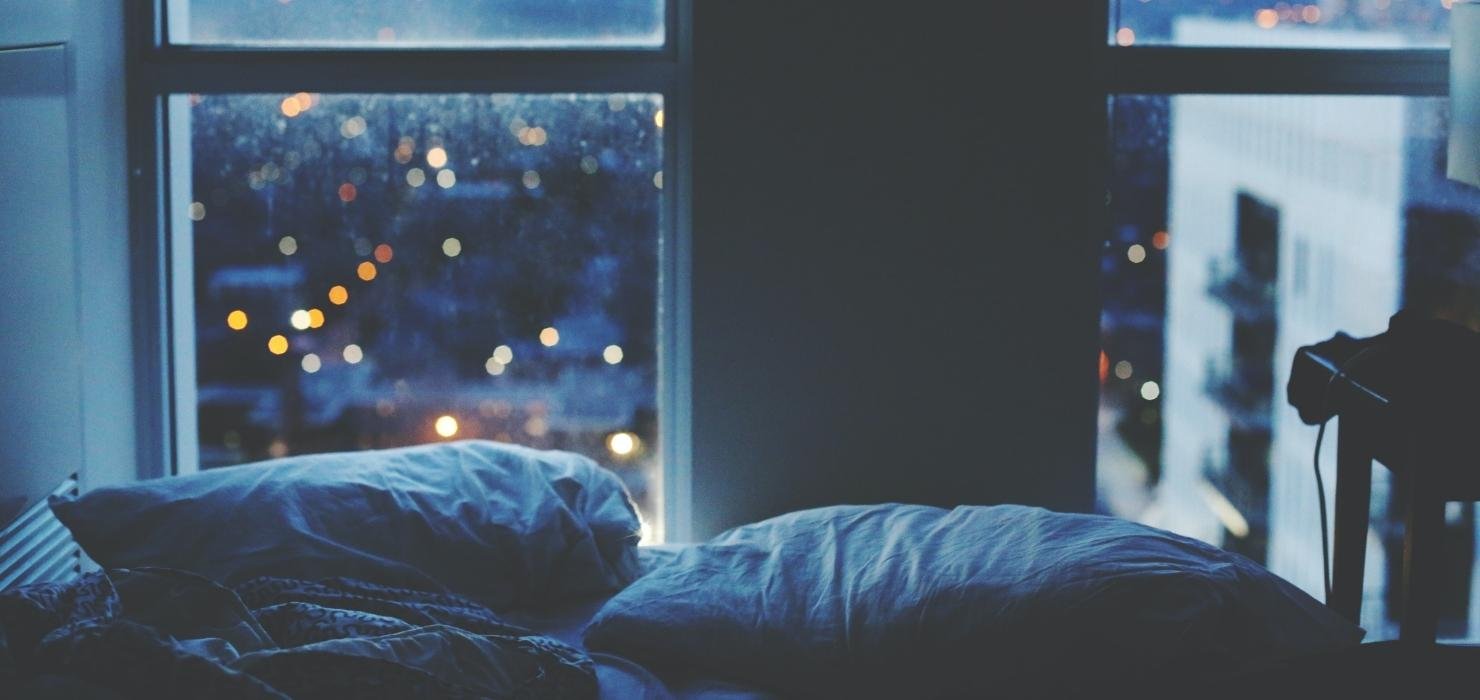Insomnia treatment
Learn about your options for targeted therapy to address the underlying cause of sleeplessness and sleep disorders.

Straight to:
Most people suffer from insomnia and other sleep disorders at some stage in their lifetime. Scientists believe that between 10 and 30% of adults struggle with chronic insomnia. Among older adults, nearly 50% struggle to sleep with women’s lifetime risk of sleep disorders 40% higher than that of men.
Insomnia treatment is now focused on finding the underlying causes of the problem with insights into brain activity. Treatment for insomnia can be sustainable, effective and without the need for sedative sleeping pills.
The connection between mental health and sleep is becoming more widely understood and is as essential to health as diet, exercise and general hygiene.
neurocare has been an advocate for sleep hygiene awareness in clinical practice for more than a decade and has pioneered effective and cutting-edge programs delivered in neurocare clinics worldwide.
What is Insomnia and who is affected?
Insomnia is a sleep disorder that makes it hard for sufferers to fall asleep and stay asleep. Others wake up too early and find themselves unable to get back to sleep or feel tired when they wake up.
A persistent lack of sleep diminishes work performance and overall quality of life by draining your energy levels and negatively affecting your mood.
Short-term, acute insomnia is a normal reaction to a traumatic event or a stressful situation. But when sleeplessness becomes a long-term problem, it may be time to seek professional help.
Women are almost twice as likely as men to suffer from the condition. Anyone working changing shift patterns or traveling across multiple time zones is also at higher risk.
Causes of insomnia
Psychological causes
Psychological causes of insomnia include distressing situations such as trauma or a difficult personal or work relationship. Most of them are temporary. However, over a prolonged period, they can cause depression, anxiety, or ADHD.
Environmental causes
Never underestimate the environmental causes of insomnia. Light, noise, an unhealthy diet, or shiftwork can all stop you from getting a good night’s sleep.
Medical causes
Insomnia can also be caused by medical problems such as heartburn, diabetes, or restless leg syndrome. If you suffer from any of these, consult your doctor to find out whether your treatment can be adjusted. Insomnia treatment often involves an interdependent approach.
Lifestyle causes
In addition, it is worth considering your intake of alcohol, caffeine, or any medications. All of these substances have a detrimental effect on the body’s natural circadian rhythms responsible for your sleep.
Insomnia treatment methods
Sleep Hygiene Coaching
Sleep hygiene is a critical component of good sleep. Establishing and sticking to a routine around sleep and wake-up times as well as minimising exposure to blue light in the evenings is as important as waking up to natural daylight in the morning. Simple choices like changing light bulbs or wearing blue-light-blocking glasses can be very effective. Exercise and the quality of your diet and mealtimes also play a big role.
Working with a health coach or a mental health professional can help you sleep better. neurocare therapists are trained to pay particularly close attention to your sleep hygiene and habits and will teach you strategies to improve your sleep which work in with your situation.
Learn more about health coaching
Neurofeedback for Insomnia
Neurofeedback therapy is a proven and effective way to improve sleep in both adults and children. When delivered correctly following neurocare's advanced protocols, it’s a safe and sustainable insomnia treatment, without the need for medication and has no negative side effects.
Our therapists at neurocare use protocols that are backed by leading scientific research. State-of-the-art assessment tools allow us to personalise your program so that it has the optimal benefit. Neurofeedback relies on the principles of "operant conditioning" to re-focus your brain activity. Simply put, you learn to associate a specific voluntary behaviour with a positive consequence. The result is improved concentration, less overactive thinking, and more restful sleep.
Find a clinic
Seek innovative and personalized treatment at a clinic near you
Therapy Plan for Insomnia
We offer a personalised approach for clients experiencing insomnia and sleep disorders, including the following steps:
- An in-depth one-on-one consultation with our expert team during your first appointment
- Sleep monitoring - a 7-day Actigraphy sleep assessment helps to see if your sleep hygiene may be causing some of your symptoms
- Brain mapping & cognitive assessment - a one-off assessment that allows us to take a closer look at your underlying brain activity via a quantitative electroencephalogram (QEEG). Plus, you will complete a full psychometric test. We offer further personalised assessments as required
Based on these insights, we recommended an individualised therapy programme targeting the symptoms of anxiety by getting to the underlying cause. This may be assisted by our health coaching or psychology team.
Frequently Asked Questions about treating insomnia
-
There are many simple and sustainable changes we can all make in our daily routine to help us sleep. However, some people find it easier to quieten their minds and regulate their brain activity with a bit of additional help.
A quantitative electroencephalogram (QEEG) analysis helps determine whether neurofeedback is the most suitable insomnia treatment for you. If that’s the case, our team will develop an evidence-based neurofeedback training programme to help you train your brain to self-regulate better. You’ll gain the ability to stop overactive brain activity associated with feelings of anxiety, obsessions, and/or hyperactivity.
Studies show that neurofeedback, when delivered correctly and following scientifically-proven protocols, can be effective in 75% of cases (Arns et al. 2012). Neurofeedback makes your brain work smarter and better. Our clients generally attend two sessions per week for anything between 30 to 40 sessions. Once the learned brain activity has been consolidated, no further sessions are needed.





